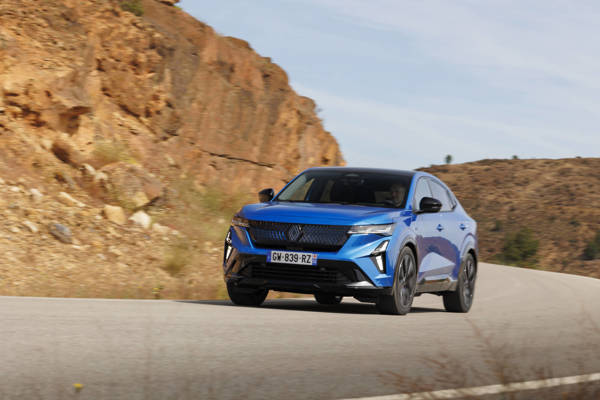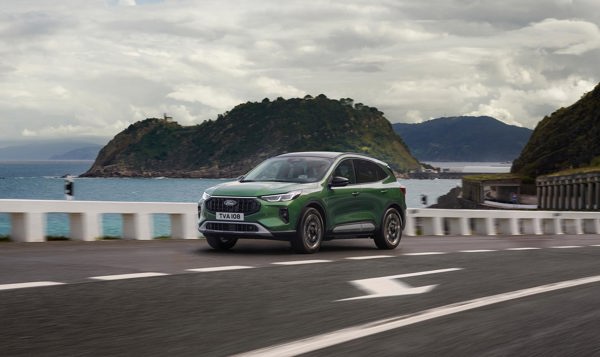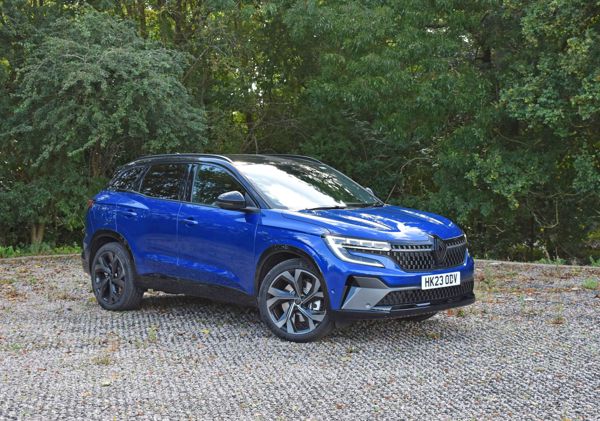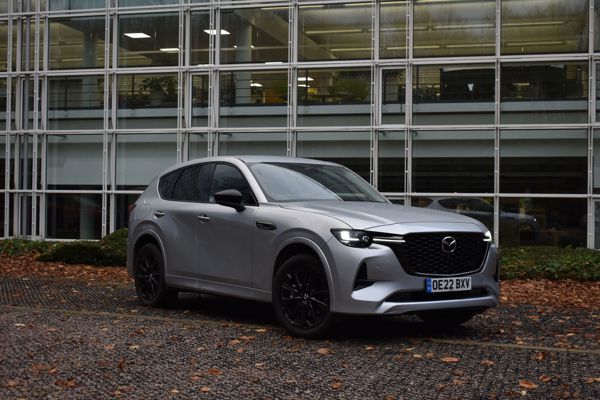Review
Toyota’s fifth-generation Rav4 has all the key ingredients to be a hit in the company car sector. Launched into the ever-growing SUV market, its petrol-electric hybrid powertrain – no pure petrol or diesel engines are available – gives it a low CO2 emission figure, leading to a sizeable benefit-in-kind (BIK) tax advantage over many of its mainstream rivals.
For example, the Rav4 2.5 Hybrid Design AWD-i, which has CO2 emissions of 103g/km, has a P11D price of £31,000: in the 2019/20 tax year a 20% taxpayer will receive an annual company car tax bill of £1,366.
In comparison, the Volkswagen Tiguan 2.0 TDI 150PS Match 2wd DSG diesel will cost the same taxpayer £2,116. The equivalent petrol model – the 1.5 TSI 150PS Match 2wd DSG – carries a £1,677 bill.
Employees opting for the Honda CR-V Hybrid AWD, which has CO2 emissions of 126g/km, will face a BIK tax bill of £1,656.
While these BIK figures may be among the first things to grab the attention of an interested company car driver, Toyota’s D-SUV also has much else to commend it.
It is available with just one powertrain – a 2.5-litre petrol and 88kw electric motor hybrid – which produces 221PS in front-wheel drive models and 225PS in all-wheel drive versions.
CO2 emissions range from 102g/km to 105g/km, with official combined fuel economy of 47.8mpg to 50.4mpg.
The Rav4 also looks much more striking than before and, despite being 5mm shorter (at 4,600mm), its 30mm longer wheelbase gives it interior space comparable with the best in class. Boot space also grows by 79 litres to 580 litres.
The dashboard is typically Toyota in its easy-to-use design and high build quality, with an eight-inch infotainment screen among the highlights.
Available in four trim levels, the range begins with Icon, rising to Design before it diversifies to two range-topping equipment grade – sporty Dynamic and more luxury-focused Excel.
Toyota expects 50% of registrations to go to fleet, with Design being the most popular, taking 35% of registrations. Standard equipment on this variant includes 18-inch alloy wheels, satellite navigation, front and rear parking sensors, LED headlights, digital radio and power tailgate.
Dynamic adds projector LED lights, blindspot monitor and rear cross traffic alert, front heated sports seats, power-adjustable driver’s seat, bi-tone metallic paint and gloss back bumpers, wheel arches and door mirrors.
In addition to Design, Excel offers projector LED lights, full leather seats, heated steering wheel and headlight washers.
Toyota’s Safety Sense 2 suite of safety techno-logies is standard on all variants.
The Rav4’s improvement over its predecessor continues on the road. It has greater driver appeal, comfort and refinement are high, and revisions to the model’s CVT gearbox and engine mean it is more responsive with greater lower-down urge than before.
Overall, the Rav4 is an accomplished, practical package, which offers company car drivers a tempting all-round proposition.
Specs
| Manufacturer | Toyota |
| Model | RAV4 |
| Specification | RAV4 SUV 2wd 2.5VVT-h 218 SS Icon CVT 19MY |
| Model Year | 0.00 |
| Annual VED (Road tax) | £0 |
| BIK List Price | £30,290 |
| CO2 | 102g/km |
| BIK Percentage | 24% |
| Insurance Group | N/A |
| CC | N/A |
| Fuel Type | Petrol Hybrid |
| Vehicle Type | SUV and Crossover |
| Luggage capacity (Seats up) | 5litres |
Running Costs
| P11D | £30,290 |
| Insurance group | N/A |
| Fuel Type | Petrol Hybrid |
| Cost per mile | 68.37ppm |
| Fuel | 10.91ppm |
| Depreciation | 55.35ppm |
| Service maintenance and repair | 2.11ppm |
Rivals
Info at a glance
-
P11D Price
£30,290
-
MPG
51.2 (WLTP) -
CO2 Emissions
102g/km -
BIK %
24% -
Running cost
3 Year 60k : N/A 4 Year 80k : N/A -
Fuel Type
Petrol Hybrid



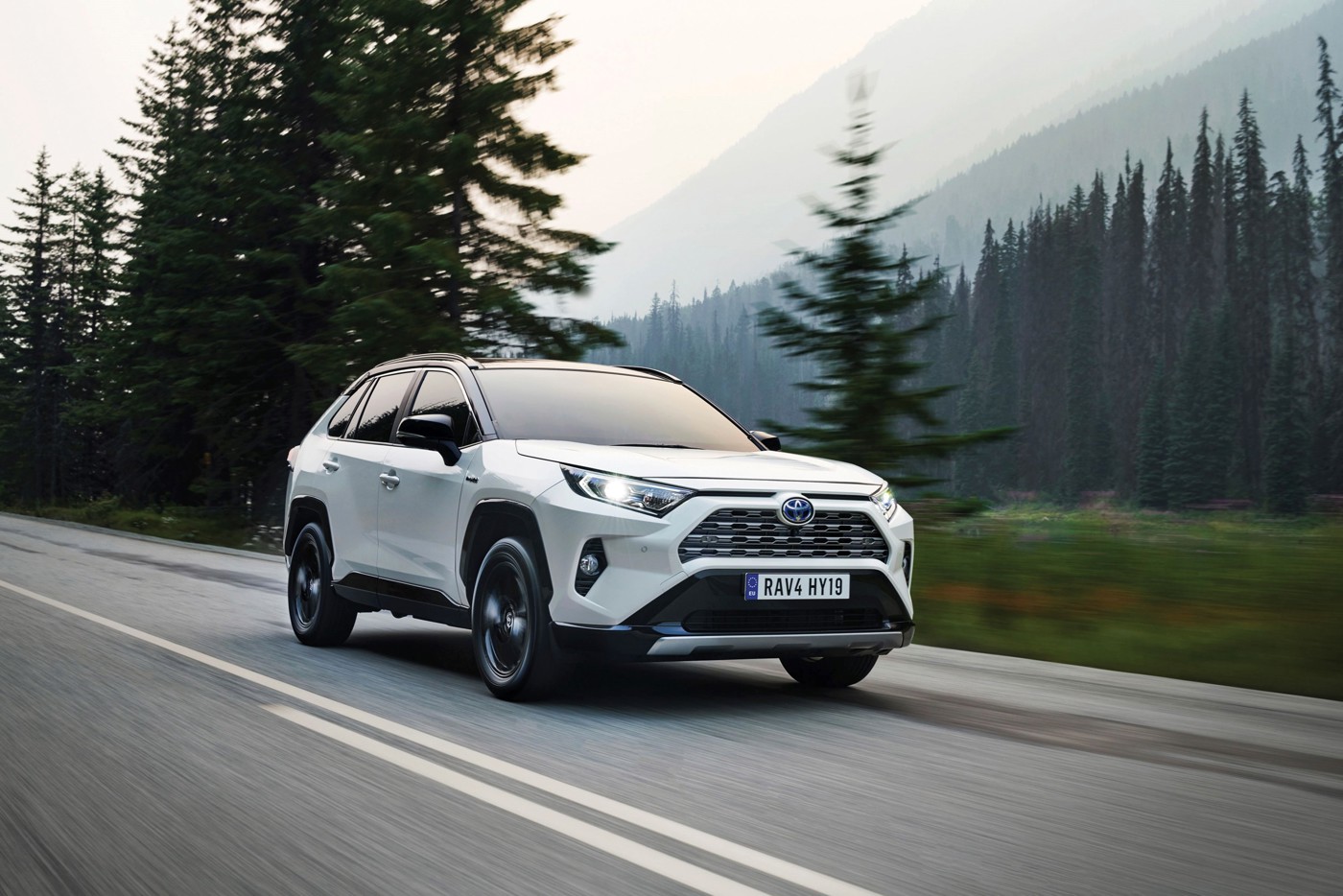


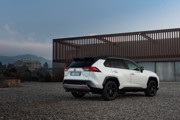
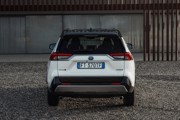
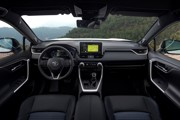
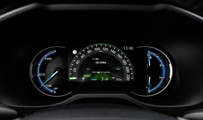
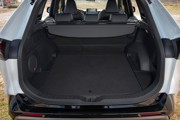



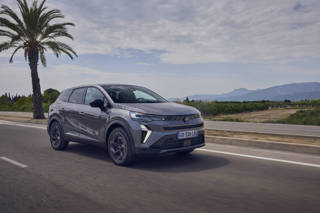
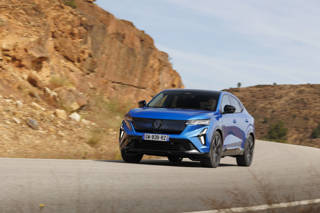
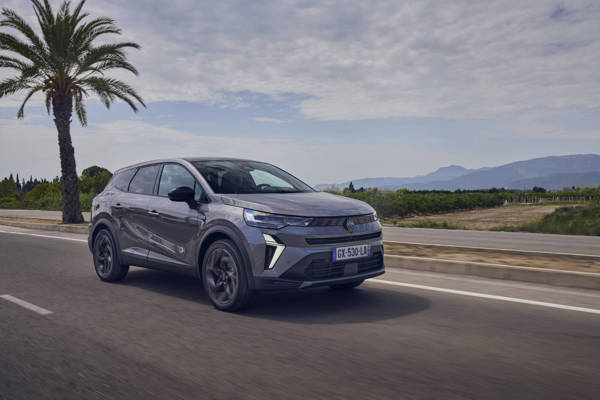
 Petrol Hybrid
Petrol Hybrid
